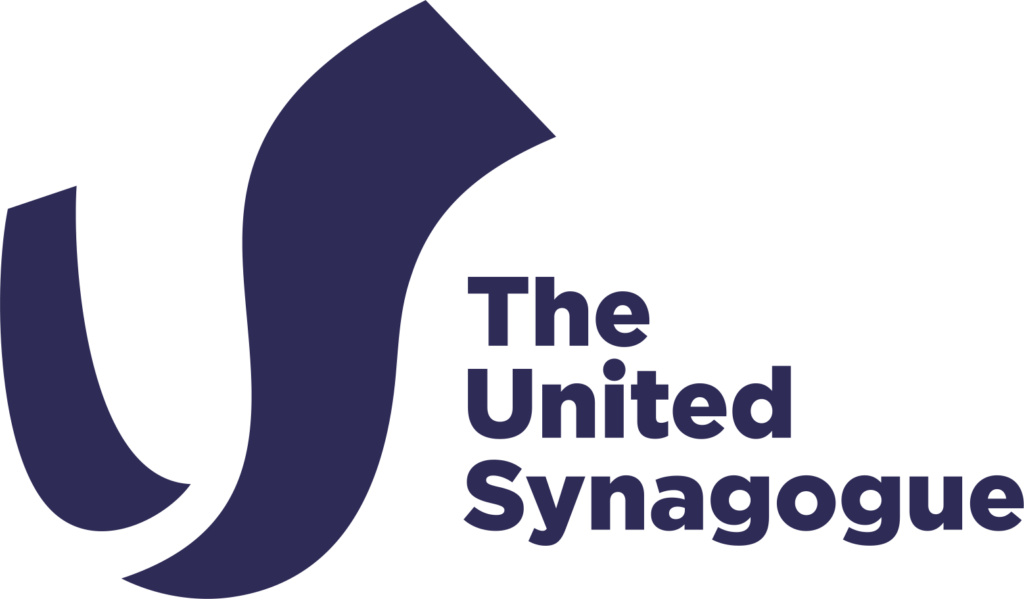Korach, from the tribe of Levi, conspired with Datan, Aviram and On from the tribe of Reuven. They gathered together 250 leading Israelites and challenged Moshe and Aharon’s rights to leadership. Moshe told Korach and his assembly to prepare an incense offering in a fire-pan to bring the next morning. Aharon would do the same; whoever’s offering was received by God would indicate the rightful leadership. Moshe tried to dissuade the rebels. Datan and Aviram refused to speak with Moshe, accusing him of “bringing the nation out of the land of Egypt in order to kill them in the desert”.
Datan and Aviram continued their tirade against Moshe, who was angered. He declared to God that he had received no personal gain from his leadership. The next morning, Korach and his assembly arrived with their incense offerings at the entrance to the Ohel Moed (Tent of Meeting), as did Aharon, accompanied by Moshe.
God told Moshe and Aharon to separate themselves from the rest of the nation, as God would immediately destroy Korach and all those people who had been drawn after him, including many of the Israelites. Moshe and Aharon pleaded for mercy. God relented, telling Moshe to instruct the nation to distance themselves from Korach, Datan and Aviram in order to prove their allegiance to Moshe. Datan and Aviram remained defiant. Moshe announced that if Korach and his followers die a normal death, then he, Moshe, was not God’s rightful appointee. Yet if the ground swallowed them up miraculously, then Moshe’s leadership is legitimate.
As Moshe finished speaking, the ground opened up, consuming Korach, some of his followers and all of their property. A fire then consumed Korach’s 250 men whom he had incited to join in the rebellion. Moshe commanded Aharon’s son Elazar to gather up the copper fire pans of those who died in order to make them into a covering for the Mizbeach (Altar). The next day, the people complained to Moshe and Aharon for ‘causing’ so many deaths.
In response to the complaints, God threatened to wipe out the people. As a fatal plague broke out, Moshe told Aharon to place incense in a fire-pan to gain atonement for the complainers. Aharon did so, managing to stop the plague, but not before it killed 14,700 people.
God told Moshe to gather a staff from each tribe’s leader, with the name of the tribe written on the staff. Aharon’s name was to be written on the staff of Levi. The staffs were to be left in the Ohel Moed; whichever tribe’s staff miraculously blossomed is the rightful leader. The leaders did as instructed. The following morning Aharon’s staff had blossoms with a bud and almonds.
God told Moshe to preserve Aharon’s staff as a reminder that he was chosen, lest the people rebel in the future. God reiterated Aharon’s duties and the need for the Levi’im to assist him and the other Kohanim.
The Kohanim have the privilege of eating certain parts of offerings and certain tithes. The laws of redeeming firstborn male children and bringing firstborn animals as offerings are stated. The ‘first tithe’ (ma’aser rishon) taken from crops is given to the Levi’im. They need to separate a portion of this tithe to give to the Kohanim.

